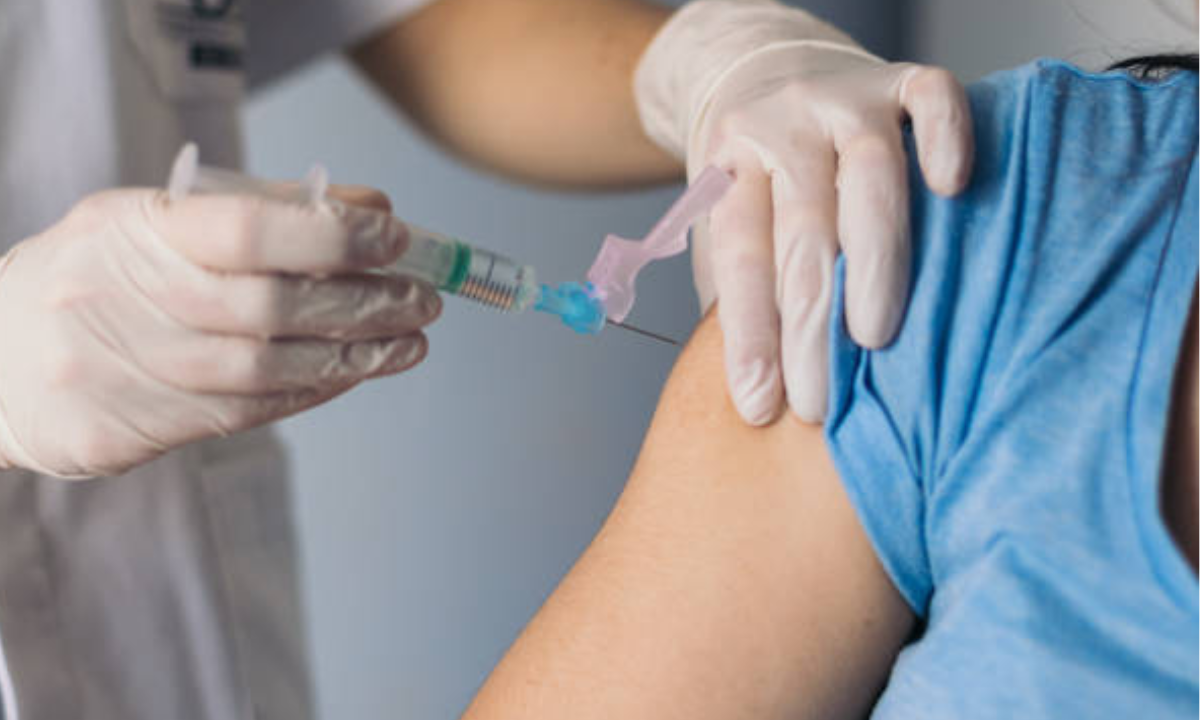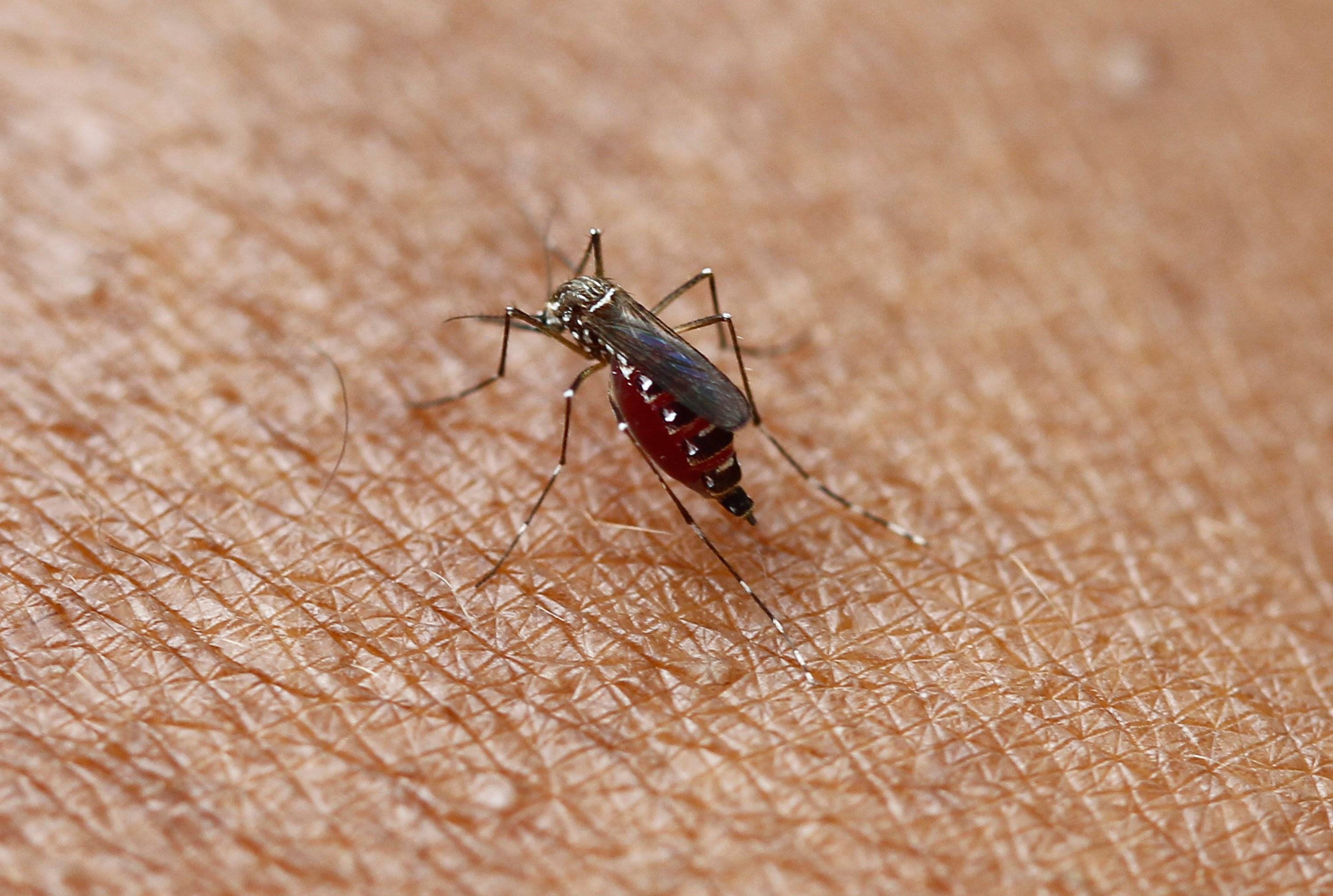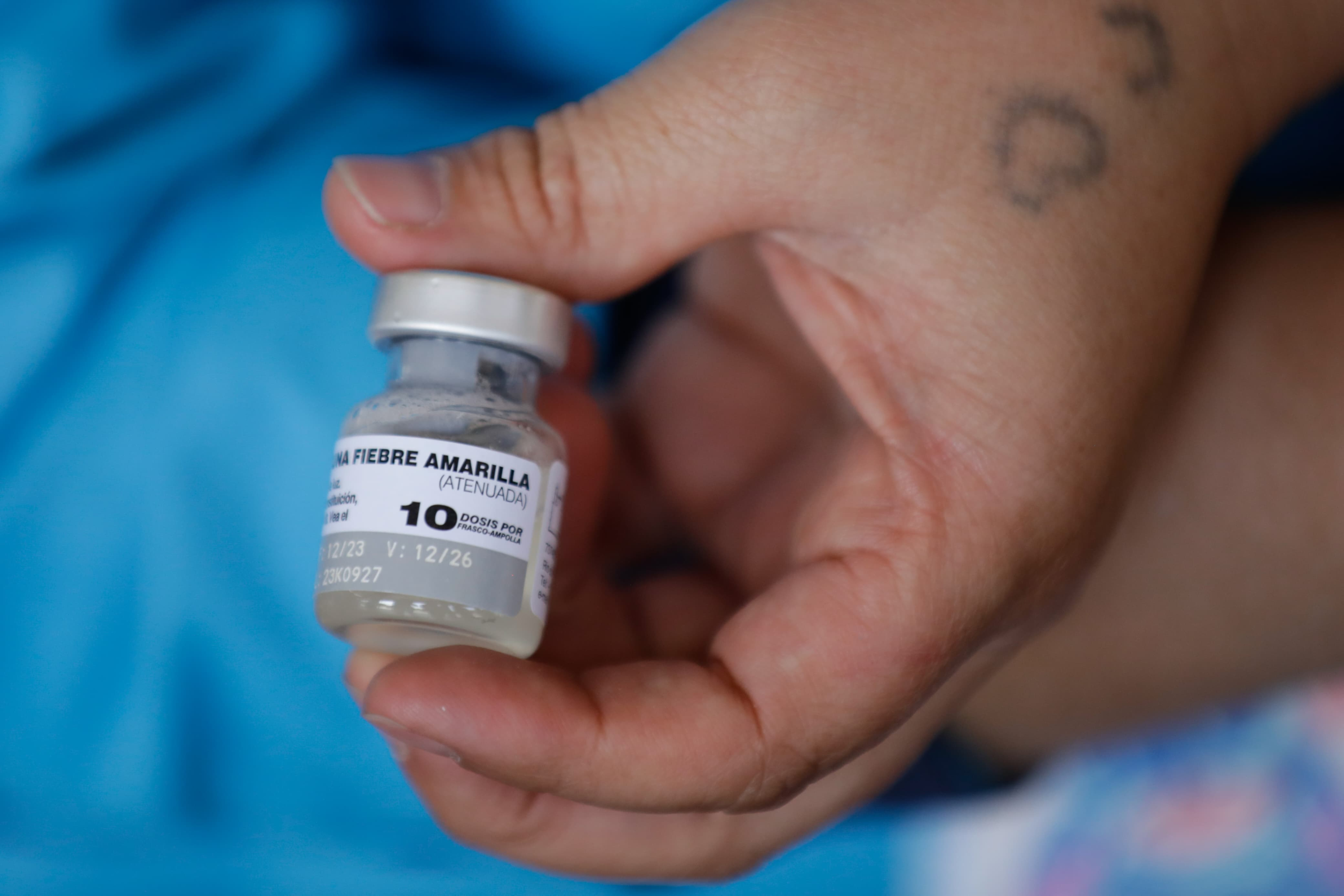Yellow fever is an outbreak that raises alarm about the country's environmental and health crisis, experts say.

The yellow fever outbreak is not just an isolated epidemiological event, but rather a reflection of an environmental and social crisis that is affecting public health in Colombia, according to microbiology and epidemiology experts at the University of Rosario.
Yellow fever has once again become a threat due to multiple factors beyond the insect itself. Deforestation, uncontrolled urbanization, forced migration, and climate change have altered natural ecosystems, favoring the spread of the vector in previously risk-free areas, the academics explained.

Vaccination is the best strategy to combat this disease. Photo: iStock.
“It's not just a mosquito issue. It's a symptom of a deeper imbalance in our environments and healthcare systems. If we don't act now, we will see more outbreaks and, unfortunately, more deaths,” warns Luz Helena Patiño, technical and scientific coordinator of the Center for Research in Microbiology and Biotechnology at the Universidad del Rosario.
According to data from the Weekly Epidemiological Bulletin (BES) of the National Institute of Health (INS), corresponding to week 19 (May 4 to 10), in the context of the yellow fever outbreak affecting the country, between 2024 and the current date of 2025, 87 cases and 39 deaths have been confirmed, representing a preliminary cumulative lethality of 44.8%. The INS indicates that the majority of cases have been in Tolima, where 69 cases have been confirmed, of which 26 resulted in death, with a lethality of 37.6%.
“Yellow fever is considered a serious disease. According to the International Health Regulations, it is an event that could constitute a public health emergency of international concern,” says Carlos Trillos, epidemiologist and professor at the School of Medicine and Health Sciences at the Universidad del Rosario.

Aedes aegypti mosquito. Photo: EL TIEMPO Archive
It's worth remembering that this disease is transmitted by the Aedes aegypti mosquito, the same vector that transmits dengue, Zika, and chikungunya. However, for outbreaks in jungle areas, the vectors involved are mosquitoes of the Haemogogus and Sabethes genera.
After the bite of the mosquito that transmits yellow fever, an incubation period begins, lasting between three and six days. The clinical course can be divided into three phases, explains Trillos:
- Initial phase, lasting 3 to 4 days: Characterized by fever up to 40°C, severe headache, loss of appetite, nausea and vomiting, muscle aches, and lower back pain. However, in some cases, the disease may be asymptomatic. A striking symptom is bradycardia with a high temperature.
- Improvement or remission phase, in which symptoms disappear for about 24 to 48 hours, with apparent improvement. Many people recover during this time.
- Toxic phase (the most severe), which occurs in approximately 15% of patients: High fever returns, jaundice (yellowing of the skin), dark urine (choluria), abdominal pain, persistent vomiting, and bleeding from mucous membranes such as the nose, mouth, eyes, or gastrointestinal tract appear. Liver problems, kidney failure, cardiovascular instability, seizures, and coma may also occur. Death occurs 7 to 10 days after the onset of the toxic phase in about half of the people who experience this phase.
Although a safe and effective vaccine exists, coverage is still insufficient, according to researchers. In Colombia, immunization is recommended for people between 9 months and 59 years of age. It is contraindicated, or requires medical evaluation, for immunosuppressed individuals or those over 60 years of age, notes the professor of epidemiology at the Universidad del Rosario.

Yellow fever vaccine. Photo: Sergio Acero Yate / El Tiempo.
To slow the spread of the outbreak, experts recommend using insect repellent and clothing that covers arms and legs, eliminating mosquito breeding sites, and getting vaccinated at least 10 days before traveling to endemic areas.
Environment and Health Journalist
eltiempo



%3Aformat(jpg)%3Aquality(99)%3Awatermark(f.elconfidencial.com%2Ffile%2Fa73%2Ff85%2Fd17%2Fa73f85d17f0b2300eddff0d114d4ab10.png%2C0%2C275%2C1)%2Ff.elconfidencial.com%2Foriginal%2Fb96%2F013%2Faf1%2Fb96013af1a5eeb196cb1f46ae8562dbd.jpg&w=3840&q=100)
%3Aformat(jpg)%3Aquality(99)%3Awatermark(f.elconfidencial.com%2Ffile%2Fbae%2Feea%2Ffde%2Fbaeeeafde1b3229287b0c008f7602058.png%2C0%2C275%2C1)%2Ff.elconfidencial.com%2Foriginal%2F380%2F2dd%2F86d%2F3802dd86db2694214ecf4ae23466effe.jpg&w=3840&q=100)
